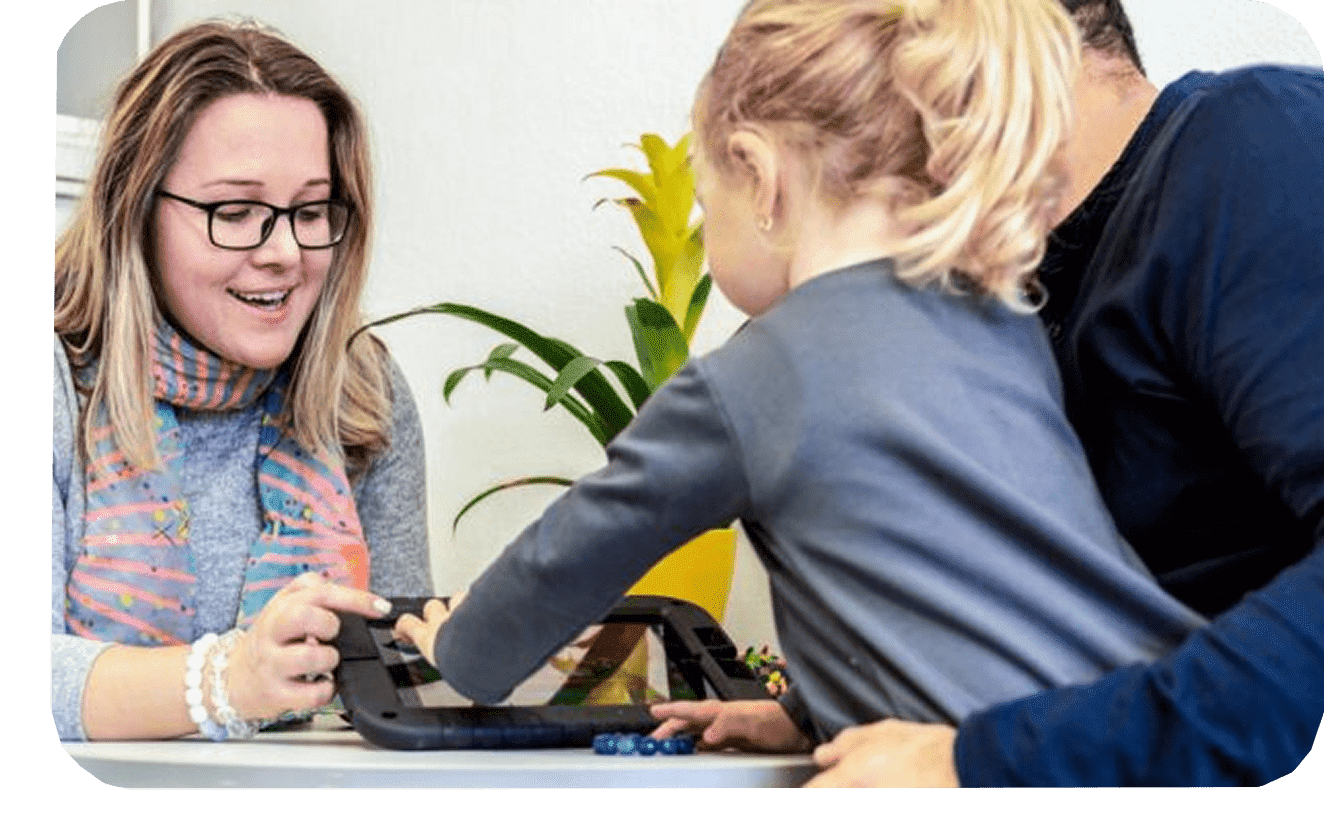Comprehensive Mental Health Services
Individual Therapy
Individual therapy is a therapeutic process where you work one-on-one with your therapist to address personal issues, emotions, and challenges. The therapist provides a safe and confidential environment where you can openly explore your thoughts and feelings without judgment. Through this process, you can gain insight into your behavior patterns, develop coping strategies, and work toward personal growth. Individual therapy is often used to treat a range of issues such as anxiety, depression, relationship difficulties, trauma, and stress, empowering you to improve your emotional well-being and navigate life’s challenges.


Couples Therapy
Couples therapy is a type of counseling designed to help partners improve their relationship by addressing communication issues, resolving conflicts, and strengthening emotional bonds. In a safe, neutral space, a licensed therapist helps both individuals explore their feelings, understand each other's perspectives, and develop healthier ways of interacting. Whether dealing with challenges like trust issues, infidelity, or differing life goals, couples therapy aims to foster mutual understanding, improve problem-solving skills, and enhance intimacy. Through open dialogue and guided support, partners can work together to rebuild their connection, improve their relationship dynamics, and create a more fulfilling partnership.
Family Therapy
Family therapy is a therapeutic approach that involves multiple family members working together with a therapist to address and resolve conflicts, improve communication, and strengthen family dynamics. It provides a safe space where each member can express their feelings and perspectives, helping to identify patterns of behavior that may be contributing to tension or misunderstandings within the family. Whether dealing with issues like parenting challenges, sibling rivalry, grief, or major life transitions, family therapy focuses on improving relationships and fostering a supportive environment. The goal is to help family members develop healthier ways of interacting, building stronger connections, and creating a more harmonious family unit.


Group Therapy
Group therapy is a form of psychotherapy where individuals come together in a supportive, structured environment to share their experiences, learn from one another, and work through common issues. Group therapy encourages participants to engage in open discussions, providing a sense of community and understanding as they navigate challenges like anxiety, depression, grief, or addiction. It offers the opportunity to gain insights from others facing similar struggles, while also providing a space for feedback and personal growth. Through group interactions, participants can build empathy, enhance their social skills, and find encouragement, helping them feel less isolated in their journey toward healing.
Trauma-Informed Therapy
Trauma-informed therapy is an approach that recognizes and prioritizes the impact of trauma on an individual's mental, emotional, and physical well-being. This type of therapy creates a safe, empathetic space where clients can explore their experiences without fear of judgment or re-traumatization. The therapist is trained to understand the effects of trauma on the brain and behavior, and tailors the therapeutic process to ensure that the client's emotional safety is maintained. The goal of trauma-informed therapy is to empower individuals to process their trauma at their own pace, build resilience, and develop healthy coping mechanisms, fostering healing and personal growth. This approach emphasizes trust, collaboration, and sensitivity, helping clients regain control over their lives and work toward recovery.


Play and Art Therapy
Play and art therapy are creative therapeutic approaches that use various forms of artistic expression, such as drawing, painting, and play, to help individuals, particularly children, process emotions, explore their inner world, and heal from trauma or stress. In play therapy, children use toys, games, and activities to express feelings and work through challenging situations in a nonverbal and imaginative way. Art therapy, on the other hand, encourages individuals to create visual art as a means of expressing complex emotions, thoughts, and experiences that might be difficult to articulate with words. Both therapies are guided by a trained therapist who helps the individual make sense of their creative expressions and gain insight into their emotional state. These therapies provide a safe, engaging environment where clients can explore and process their feelings, build self-confidence, and develop coping strategies in a gentle, supportive way.
Grief and Loss Counseling
Grief and loss counseling is a type of therapy that helps individuals navigate the emotional, psychological, and physical challenges that arise after experiencing the death of a loved one or other significant losses, such as the end of a relationship or major life changes. This counseling provides a safe space for individuals to express their sorrow, confusion, and pain while working through the complex feelings that come with grief. A trained therapist offers support, understanding, and coping strategies to help the individual process their emotions, find meaning in their experience, and eventually adjust to life without their loved one. The goal of grief and loss counseling is to help individuals heal at their own pace, allowing them to honor their feelings, rebuild their lives, and eventually find hope and peace after a difficult loss.


Parenting Support and Education
Parenting support and education in counseling provides guidance and resources to help parents navigate the challenges of raising children while fostering healthy, positive relationships within the family. This type of counseling focuses on equipping parents with effective communication strategies, discipline techniques, and tools to manage stress, set boundaries, and address specific parenting concerns. Whether dealing with behavior issues, parenting styles, or developmental challenges, the therapist works collaboratively with parents to enhance their skills and confidence in their role. Parenting support education aims to empower parents, helping them build stronger connections with their children, foster emotional well-being, and create a supportive home environment that promotes growth and development for the entire family.
Behavioral Assessments and Interventions
We provide comprehensive behavioral assessments and interventions to help individuals understand and address specific behavioral challenges and to help determine the best treatment plan. Our assessments are designed to identify underlying patterns, triggers, and contributing factors, providing valuable insights into behavior. Based on these assessments, we develop tailored interventions that aim to modify behaviors, improve coping strategies, and enhance overall well-being. Whether addressing issues related to anxiety, aggression, social skills, or other behavioral concerns, our goal is to provide effective, evidence-based solutions that support personal growth and positive change.

